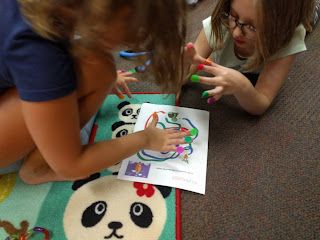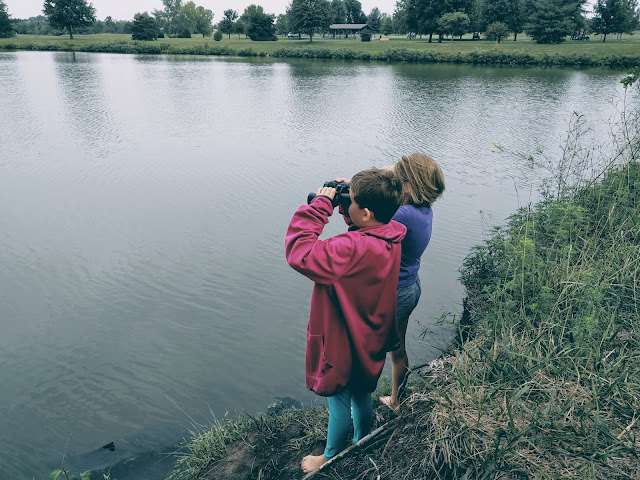The Power of Commitment
The other day, I felt super frustrated. My daughter was struggling to transition back to learning after a play break, and I snapped at her verbally. There’s that moment, right after I snap at one of the children, and I am sort of outside myself just for a second and actually hear myself and think, “Well, that sucked.” Know that feeling? And, despite that inner voice, I sometimes feel this temptation to lean in and hold onto my pride in “being right” or “being in charge”. I have a choice in that moment to lean in to that pride, or I can stop and make a change. Unfortunately, this time, I leaned in a bit more. Said, “I don’t know how often I have to..” a few more times and expressed my frustration with “We need to get moving” a few more times, before I finally stopped and took a deep breath. I can’t tell you how important that dang deep breath is. And then I owned it. “Wait. I’m sorry. I’m not breathing before I talk, am I? And my commitment is to breathe ...



